There are so many manufacturers and different types of cars, trucks, and buggies that finding the best product for your application can seem nearly impossible. While we can’t narrow the field down to one vehicle for you without a one-on-one, face-to-face visit to our store, this guide can help you whittle out the ones that definitely won’t be right for you.
We’ll divide the various R/C surface vehicles into six categories: Cars, Stadium Trucks, Short Course Trucks, Monster Trucks, Buggies, and Rock Crawlers.
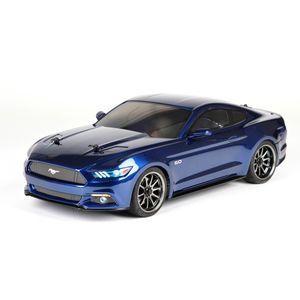
R/C Cars |
|
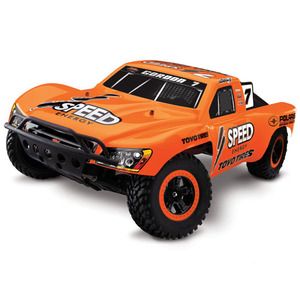 R/C Short Course Trucks |
|
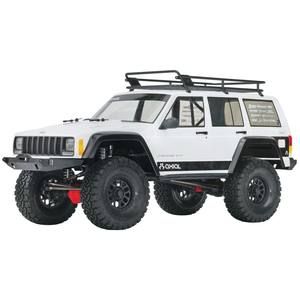 R/C Rock Crawlers |
|
Where are you going to use it?
Most of the different vehicles have a terrain they are best suited to. Deciding where you’re going to run your R/C vehicle is the first step to narrowing down the choices.
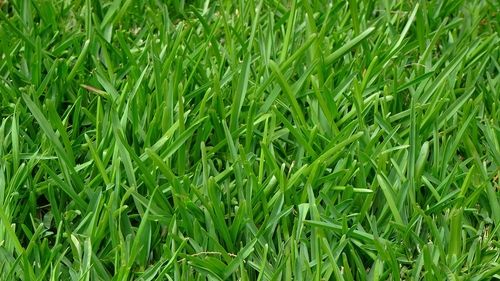
Grass
Grass is probably the most popular surface — at least in our area — and is one of the most difficult terrains for radio control vehicles, because grass causes a lot of friction, which impedes the vehicle as it passes through it. Taller grass is harder than shorter grass, as well, so bear that in mind.
-
Short Course Truck
-
Monster Truck
-
Stadium Truck (marginal)
-
Rock Crawler
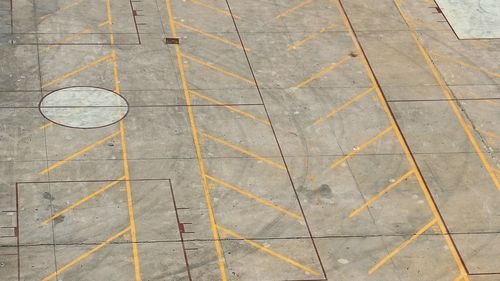
Pavement
From the most difficult to the easiest, concrete or asphalt provides the least resistance to R/C vehicles, and therefore doesn’t have any limitations. Pretty much any vehicle can work on pavement. Some may be more fun than others on this surface — a rock crawler, for example wouldn’t be very entertaining on flat pavement — but from a function perspective, anything goes.
-
Short Course Truck
-
Monster Truck
-
Stadium Truck
-
Buggy
-
Car
-
Rock Crawler
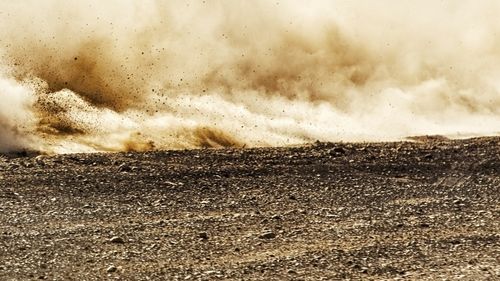
Dirt / Gravel
Dirt and gravel are usually about as easy-going as pavement when it comes to what vehicles perform well. The only category that doesn’t really work well here are the cars, and even then, there are some, like rally cars, that thrive on the dirt. Since we’re generalizing, though, we’ll consider that you probably don’t want a car if you’re heading over to a dirt track or lot to play.
-
Short Course Truck
-
Monster Truck
-
Stadium Truck
-
Buggy
-
Rock Crawler

Sand Dunes
If you’ve ever run a four-wheeler at the sand dunes, you know that sand is pretty terrible for anything mechanical, and this still holds true to radio control applications as well. That said, with the proper maintenance and care, most R/C vehicles can handle a trip to the dunes, though you’ll probably need to purchase different tires for this terrain. Again, I’m not sure how much fun a rock crawler would be in this situation, but to each his own.
-
Short Course Truck
-
Monster Truck
-
Stadium Truck
-
Buggy
-
Rock Crawler
Planning to Race?
Just like the cars you see making left turns all day in NASCAR are pretty different than the one you drive to work, R/C vehicles built for racing are not at all like their backyard-bashing counterparts. Deciding if you’re planning to race your vehicle is a major step in choosing what kind of vehicle, and even brand, you’re going to purchase.
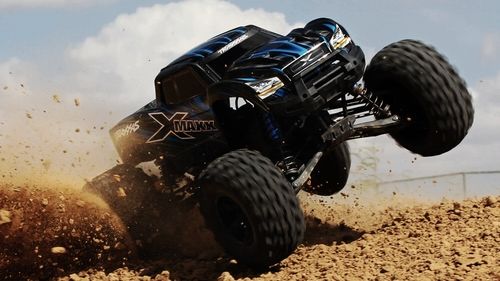
Bashing
By far the most common use for R/C vehicles, ‘bashing’ is the term we use for pretty much anything that isn’t racing, from running around the backyard to hitting up the local skate park. You don’t have to actively be trying to destroy your vehicle to be bashing; it’s just a derisive term dreamt up by racers to describe non-racers, and the name stuck. This can even include having your buddies over for a race around the backyard – that’s still considered bashing.
Basher vehicles are usually built for durability and aren’t overly concerned about how heavy the vehicle is and how quickly it can get up so speed. They are more worried about surviving that fifteen-foot jump and not breaking every time you hit a rock.
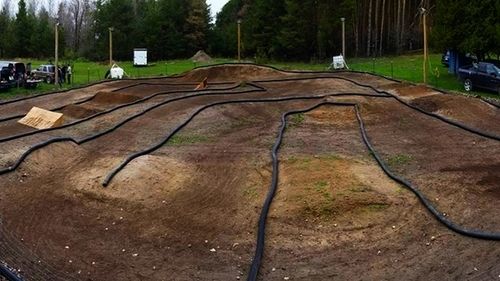
Racing
When we talk about R/C racing, we are talking about an organized system where you aren’t just racing your friends. Most racers are at the ‘club’ level – meaning it usually isn’t for money. Sometimes there’s a trophy or ribbon, and sometimes it’s just for bragging rights. What separates it from bashing is the organization, track upkeep, and data tracking, and how serious it is taken by those who participate. Competition can be fierce, and constant tuning, research, and component upgrades are necessary to stay with the pack.
Vehicles intended for racing are very lightweight and built of more rigid, less durable material. The goal of a racing vehicle is to get to speed as quickly, be nimble in the corners, and handle well on a track. The overall goal is to sacrifice durability for performance, so you might not survive many collisions with other cars on track.
What Type of Motor Do You Want?
There are two types of motor in the R/C world: Brushed and Brushless. The next step in determining what type of vehicle would suit your needs is determining which of those two you would like.
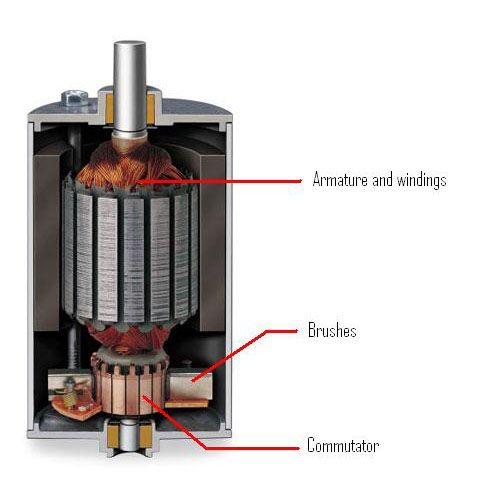
Brushed
Brushed motors have been around since the beginning of the hobby. They are cheap and plentiful, and most vehicles equipped with brushed motors are less expensive than their brushless counterparts. These motors are usually open to the environment to help them keep cool, but this can also introduce dirt, sand, and other debris into the motors, wearing them out quicker.
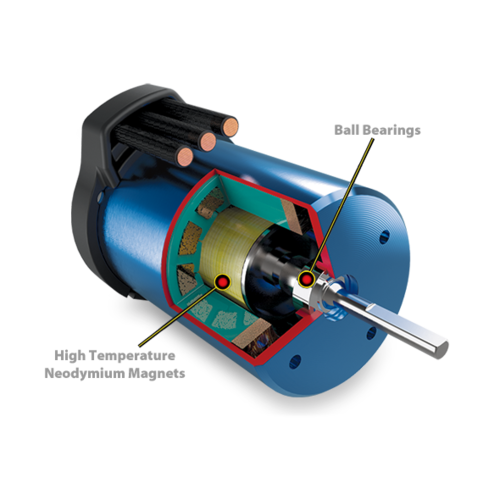
Brushless
Brushless motors, compared to their brushed cousins, are basically more everything: more durable, more efficient, more speed, and more expensive. While they don’t wear out nearly as quickly as brushed motors, they are pricier to replace if needed, and just as vulnerable to high temperate degradation, but if you want more speed and power, brushless is where it’s at.
It should be noted that vehicles that start out with brushed motors can almost always be upgraded to brushless motors at a later date. It usually costs more in the long run to start brushed and upgrade later, but that cost is spaced out over time, as opposed to purchasing the more expensive, brushless-equipped truck right away.
2WD or 4WD?
It didn’t used to be this way, but there are plenty of both two-wheel-drive (2WD) and four-wheel-drive (4WD) vehicles on the market today. Deciding which way to go here depends largely on where you’re running it and how you want it to handle.
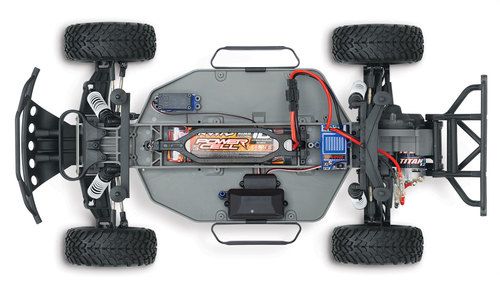
2WD
This type of vehicle is usually pretty squirrelly. Going in a straight line and slamming on the brakes will usually result in at least a 180° turn, and controlling a 2WD vehicle at speed, especially on a low-traction surface, can be a handful. Many people like this challenge, however, and it does eventually make you a better driver to have to compensate for that kind of handling. 2WD vehicles are also usually cheaper, since they are somewhat less complex and require fewer moving parts.
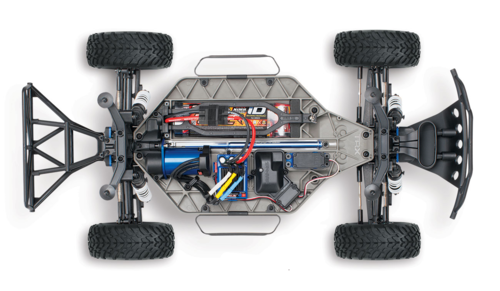
4WD
4WD vehicles, by contrast, are much easier to drive, and generally go exactly where you want them to. Since all four tires are pulling the car or truck along, there isn’t need to compensate for the 2WD’s built in bias, and it means a more predictable performance. 4WD trucks are also better on rough terrain. The big downside here is price; 4WD trucks are generally more expensive due to their added complexity and, in many cases, default inclusion of a brushless motor.
Unlike with the motors, however, it’s almost universally impossible to “upgrade” a 2WD vehicle to 4WD, since the chassis and overall design is completely different between the two archetypes. So whichever style you purchase, you’re stuck with it unless you purchase a new vehicle later.
Choosing a Brand
This might be the hardest part of the whole process, because, while there are only six major categories of vehicle, there are hundreds of R/C brands out there. Most of them aren’t reputable, but it can sometimes be hard to spot a bad brand from a good one. Here are our picks for best brands.
Bashing
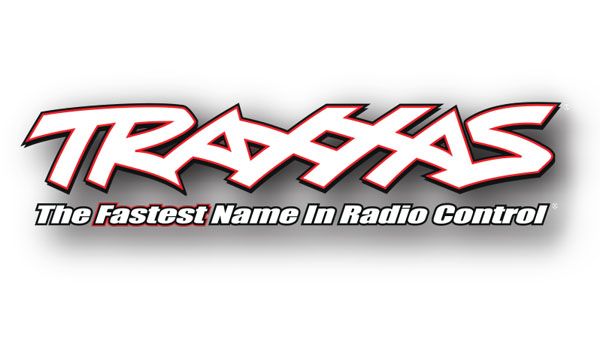
Traxxas
Traxxas is a juggernaut in the R/C world, and is possibly the largest R/C truck brand in the world. Their popularity is well earned; they have built some of the most durable and accessible R/C vehicles in history, and their R&D has produced more industry-changing technical innovations than anyone in modern history. The biggest reason to purchase a Traxxas vehicle, however, is their near ubiquity in hobby shops. If you need a part, no matter where you are or what hobby shop you find, it’s almost a certainly they carry Traxxas parts and hop-ups. Finally, Traxxas has set the bar for customer service, and their support staff are usually friendly and helpful.. You might spend a little more on a Traxxas truck, but the value you get is first class.
Categories: Short Course Truck, Monster Truck, Stadium Truck, Buggy, Car
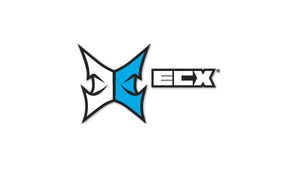
ECX
ECX is a solid second fiddle to Traxxas. Their trucks are durable and their prices are even more competitive than Traxxas. Where ECX suffers is in the part support and aftermarket support. ECX isn’t nearly as prevalent as Traxxas, and there aren’t as many third-party companies supporting their trucks. Still though, if your local hobby shop has parts on hand for the ECX vehicles, it’s a solid pick, and their customer service is handled by a huge force in the R/C scene, Horizon Hobby.
Categories
Short Course Truck, Monster Truck, Stadium Truck, Buggy
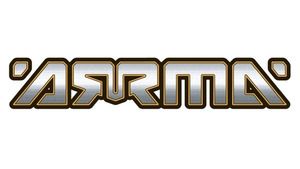
ARRMA
ARRMA Is another solid R/C truck brand. Their trucks are well designed, and are about as competitive as the ECX offerings, and ARRMA suffers from the same problems as ECX as well. Hobby shop support is sporadic, and they have even fewer hop-up options than ECX. Their handling, however, is pretty good, and they also have the backing of Horizon Hobby after Hobbico closed in 2018.
Categories
Short Course Truck, Monster Truck, Stadium Truck, Buggy

Vaterra
Vaterra is an interesting company, in that their focus is predominantly scale accuracy in their vehicles. Everything needs to look just so, and some of their offerings, particularly their cars, look amazing. They also offer a very well regarded rock crawler, as well as some faster monster trucks. Vaterra isn’t a well-represented company on store shelves, though, so talk to your local hobby shop to see if they offer parts on hand for Vaterra before diving in too deep.
Categories
Monster Truck, Rock Crawler, Car
Crawling

Axial
Axial is a little different, since they are basically the King of Crawlers. Axial pretty much owns that market, and no one else is even close. However, they have recently tried to branch out into other categories, and while they’ve had financial success, their vehicles in other categories aren’t always well received by their fans. Since Axial tends to run hot and cold on anything that isn’t a rock crawler, do your research to see what others have to say about that truck, but if you’re looking for a rock crawler, Axial is pretty much the best you can buy.
Categories: Rock Crawler
Racing
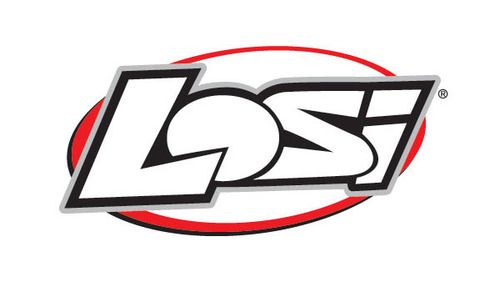
Losi / Team Losi Racing
Losi’s history goes back decades, and much of it focuses on racing. Losi is known around the world for having some of the best trucks and buggies on the track. Not long ago, they also transitioned into some bashing vehicles with some success, but Losi is still a name known for racing, and that’s not going to change anytime soon. Like many of the brands on this list, you should make sure your local hobby shop offers parts support for Losi before choosing it, but there’re not many Losi vehicles that aren’t worth buying.
Categories
Short Course Truck, Monster Truck,
Buggy, Rock Crawler
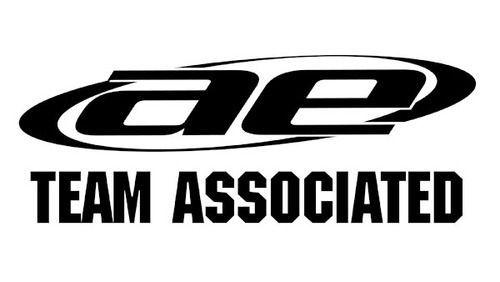
Team Associated
Like Losi, Team Associated has a storied past in R/C racing, and they have mostly succeeded in making bashing trucks as well, though, like Losi, they are still mostly known for racing. Assuming your local hobby shop has parts on hand for their trucks, Associated is a solid brand if you’re preparing to hit the local track and stay competitive.
Categories
Short Course Truck, Monster Truck,
Buggy, Stadium Truck, Car
Hopefully, this guide has helped to narrow the field a bit. The best thing to do, of course, is talk to your local hobby shop and discuss what vehicle is right for you. These broad questions can certainly help educate you on the choices, but nothing is a substitute for that conversation. Every hobby shop carries different items too, so what makes sense for our area might not do much for you somewhere else.
Whatever vehicle you pick, just make sure you have fun with your hobby!
SOURCE:
rogershobbycenter https://rogershobbycenter.com/from-behind-the-counter/2016/6/4/how-to-pick-out-the-right-rc-vehicle
/fit-in/1024x1024/storage/images/blog/primary/How+to+Pick+Out+the+Right+RC+Vehicle.jpg)
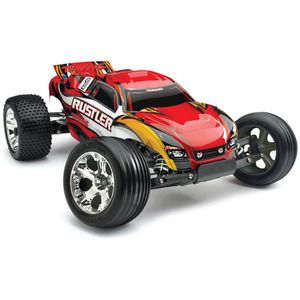
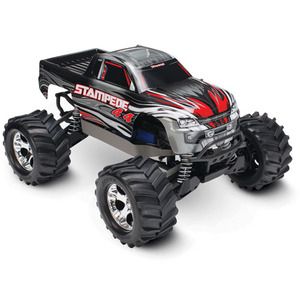
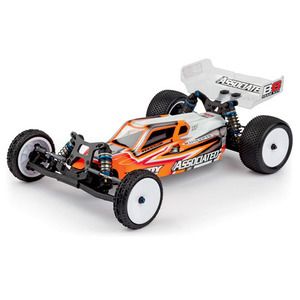

/fit-in/1024x1024/storage/images/51139552-1013.jpg)
/fit-in/1024x1024/storage/images/58a69220-581a.jpg)
/fit-in/1024x1024/storage/images/047fd238-7a24.jpg)
/fit-in/1024x1024/storage/images/278ff46d-8163.jpg)
/fit-in/1024x1024/storage/images/826f7a24-d97f.jpg)